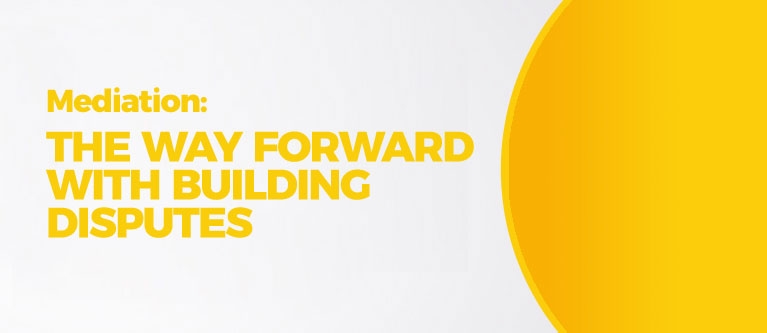I have now been a solicitor for over thirty years and the client who always sends me a little crazy is the client in dispute with his builder or with his neighbour over a boundary.
Expressions such as “I don’t care how much it costs in legal fees” and “It is a matter of principle now” soon become “How much?” and “You never told me that it would be that expensive” when the case arrives at its first case management hearing.
Most building disputes are into the multi track either because of the value of the claim or because of the need for expert evidence. Once a case has been allocated to the most expensive of the tracks the brakes just seem to come off the costs involved.
It isn’t only the solicitors with their noses in the trough either. Court fees can now run into thousands as the Department of Constitutional Affairs seeks to make the Justice System self-funding. Counsel’s fees will be in thousands as will the surveyor once the case reaches trial. On an average multi track case the costs on a building dispute even post Jackson will amount to at least £20,000 per side. Which person these days can afford £40,000 if they lose their case?
Some costs can be ameliorated if there is Legal Expenses Insurance of one kind or another but that animal is quickly becoming as rare as an MP not claiming all of his expenses.
Fair enough-where do we go then to find justice? Where do the willing participants go to have their say as to their awful builder? Dom Joly isn’t available for us all.
The way forward now in these austere times is mediation. Yes mediation not meditation as one client suggested last week.
Not everyone understands mediation. So what exactly is it?
Mediation simply is a process whereby participants to a dispute over just about anything can resolve that dispute or if not resolve take the dispute so close to resolution as to reduce the amount of costs considerably.
The Courts have recently stated in PGFII v OMFS Company 1LTD that a failure to engage in mediation will result in some circumstances in legal fees being reduced or not awarded at all. Refuse to mediate at your peril.
Participants can be legally represented and there can be as many participants in the mediation as there are parties to the dispute.
Very often the participants will be in separate rooms for at least a part of the process and the mediator will rush between the rooms releasing what information the parties agree to be released if any.
The mediator will act sometimes as Devil’s Advocate asking questions to remind the participants of where the process is up to and the possible outcomes.
The mediator does not advise the parties nor does he provide opinions. He merely acts as a conduit for the process on a neutral basis.
The mediator’s fees are paid usually by each party jointly although this can be varied. The content of the mediation is without prejudice so if it fails to provide a resolution then what has been said is not used later in any litigation.
At some stage (in the majority of cases) a resolution is arrived at and is recorded by the parties. That resolution can involve financial compensation although not always.
The costs of the mediation will be a fraction of what would have been needed had the case gone to Court. The case will usually be concluded in the day as well as opposed to the years that it would take a case to arrive before the Court. A day with a mediator may cost as little as £500 per party.
So if you want a cost effective speedy solution to your building dispute try mediation. It usually works.
Howard Nulty is an accredited mediator of commercial and workplace dispute. He is also a solicitor specialising in professional and clinical negligence.


